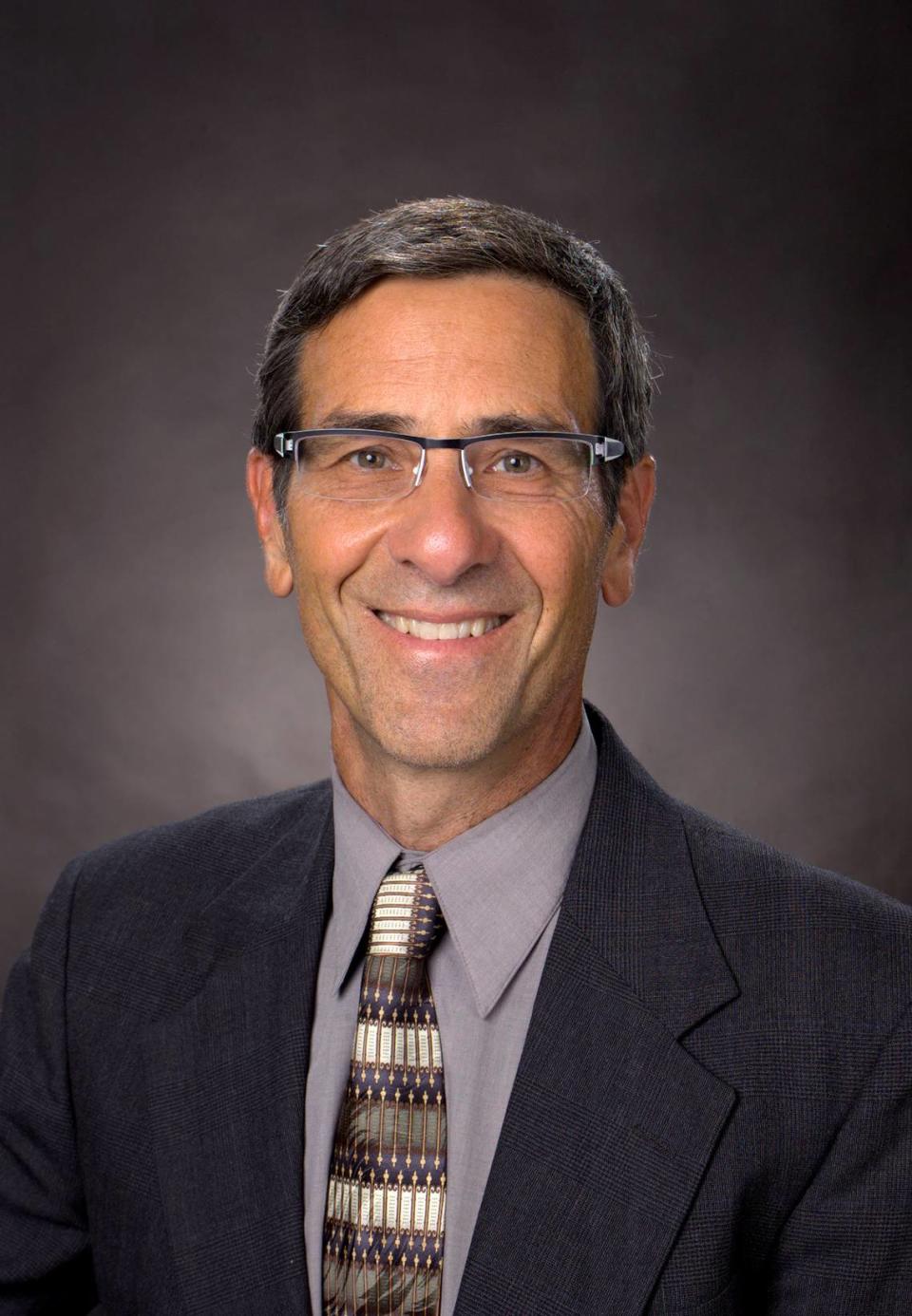Fresno can reduce health inequalities by addressing the root causes of medical problems | Opinion
- Oops!Something went wrong.Please try again later.
If you live in Fresno, it is hard to find a doctor or enter a hospital bed because the city has lower ratios of these health-care services than other regions.
These disparities in access to care mirror significant disparities for those in the Central Valley withchronic conditions such as asthma. The region also has particle air pollution that is rated by the American Lung Association as the worst in the nation.
High rates of poverty and lower education attainment — both of which are more prevalent In the Central Valley — are also associated with worse health outcomes.
Fresno can reduce health disparities by addressing social determinants of health. This can be accomplished by leveraging new programs such as CalAIM and the Fresno HOPE HUB, which support the use of community health workers to connect high-risk individuals to needed services.
As a community, we can advance these aims by continuing to build an integrated network of community-based organizations, governmental agencies and health-care providers.
Opinion
The COVID-19 pandemic highlighted and exacerbated long-standing disparities in health outcomes. There is growing awareness of the impact of social determinants on health outcomes. Social determinants are the conditions under which we are born and live that are shaped by money, power and influence. Examples include housing insecurity, food insecurity and lack of transportation.
Despite these grim realities, there is cause for optimism. Medi-Cal, the California version of Medicaid that covers almost half of those living in the Central Valley, has introduced CalAIM, an expansive program to address social determinants by using health workers to connect individuals to services. Health workers are “trusted messengers” with “lived experience” who can best communicate with the culturally and linguistically diverse populations in the Central Valley.
Although CalAIM provides much needed resources, there has been less support for coordinating the handoffs between health workers and organizations. The Fresno HOPE (Health, Outreach, Preventation, Equity) HUB is a network of CBOs focused on synchronizing resources to mitigate health disparities.
Fresno can nurture efforts such as the HOPE HUB by building an information infrastructure that bridges the silos separating CBOs, governmental agencies — including public health, behavioral health, social services, schools, and jails, prisons, and probation, and health care providers — including federally qualified health centers and rural health clinics, emergency rooms, and hospitals.
A broad-based information exchange system, linked to patients with a network of health workers, would lead to a more integrated and coordinated health care delivery system that will more than pay for itself in improved services for individuals and reduced emergency room and hospital costs.
We can also make long-term investments in the people and communities most impacted by social determinants by addressing the two pillars of a long and healthy life — access to healthy foods and opportunities for physical activity. We can do this by incentivizing the availability of fresh fruits and vegetables in food deserts and by working with communities to develop relatively inexpensive, safe, and attractive walking trails and parks that can beautify and be a source of pride in long-neglected neighborhoods.
This population health approach represents a more holistic approach. Population health can also help address some of the most intractable problems in our community, including homelessness, and access to medical, behavioral health, and substance use services, while helping those who struggle with these issues to succeed in school and the workplace, and stay out of our jails and prisons.
A more comprehensive approach to social determinants, coupled with strategic investments in coordination and communication, will lead to significant savings and improvements in health care and quality of life across a range of educational and carceral measures. Addressing social determinants will reduce health disparities and benefit the individuals served as well as our entire community.
Dr. John Zweifler is a family physician in Fresno with clinical management, population health and medical administration experience. He is the author of “Tipping Health Care — 2024.”


